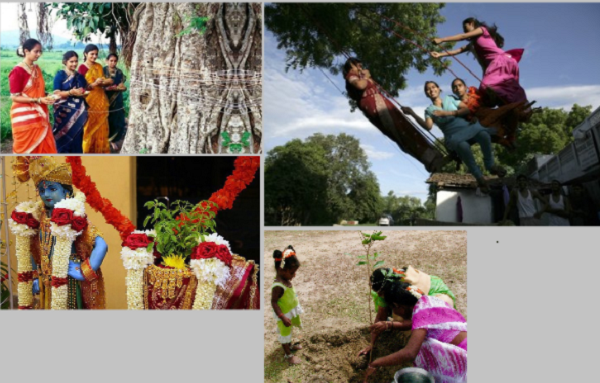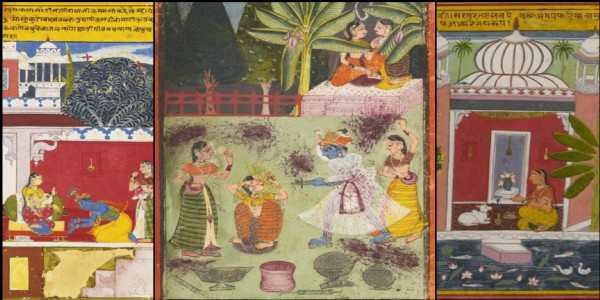Christmas Trees – Growing, Felling, Bringing Home and Disposing. How Eco-Friendly is it?
Bringing home a Christmas Tree involves – growing a Christmas tree, cutting it down, installing it in the living room, keeping it in the house for a few days and then getting rid of it. The process is not an eco friendly one, and here are the ecological dangers involved in it.

The Christmas tree farms have an adverse effect on the biodiversity as these farms do not allow any other tree or plant or herb to grow. Each tree takes multiple years to grow, thus the land used for cultivation of Christmas trees is many times more that yearly consumption of the trees.
The Christmas trees are vulnerable to many pests that include pathogens, other herbs, insects, animals and birds. For controlling such pests, many chemical pesticides and herbicides are used. A Christmas tree in the house also brings in with it chemicals that could be harmful to humans and pets. These chemicals can have numerous adverse health effects, including cancer, hormonal disruption, neurotoxicity, organ damage, reproductive/birth defects, asthma, and more.
After the festive season is over, many Christmas trees are simply thrown out. These end up in a landfill. While some that are tossed in a bonfire, release greenhouse gases. The disposal of unsold and the used Christmas trees create an environmental issue.
Over years, many have shifted to the use of plastic Christmas Trees, the environmental hazards of which are many times more than that of growing and cutting down live real Christmas trees.
Celebrations that involve cutting down trees and throwing them away after a week, need to be reviewed. Environment friendly rituals need to be revived and celebrated. Here are some Eco-Friendly celebrations that need to encouraged –

Akshya Tritiya - Celebration that encourages tree plantation.
A tree that is planted on Akshay Tritiya will live for long. Towards the end of summer, many people take up tree plantation on this day.
Tulasi Vivah - Celebration that encourages planting a medicinal herb in the backyard.
On Tulasi Vivah the medicinal herb Tulasi is decorated with flowers, saree and bangles. The plant is then wedded to Sri Krishna. This tradition encourages people to plant a Tulasi in their backyards. It is known for its medicinal value as an immunity booster.
Vat Pournima - Celebration that protects a tree that is a forest in itself.
On Vat-Pournima a huge Vat / Banyan tree in the neighbourhood is worshipped by married women. This practise encourages planting and protecting the banyan trees in the vicinity that offer shelter to many a species of birds.
Savan Swings - Celebration that befriends a tree
In the later part of monsoon, all over India, swings are tied to trees. People especially women and children play and enjoy high swinging. This tradition establishes a friendship between the community and the huge trees around it.
Amala bhojan - Celebration that befriends a tree
Once a year, women and children gather below an Amala tree. They play and sing and have their lunch below the tree. The men folk worship thre Amala tree. And all eat the fruits of the tree throughout the day. The fruit of Amala is good for digestion and overall health.
Bharati Web







